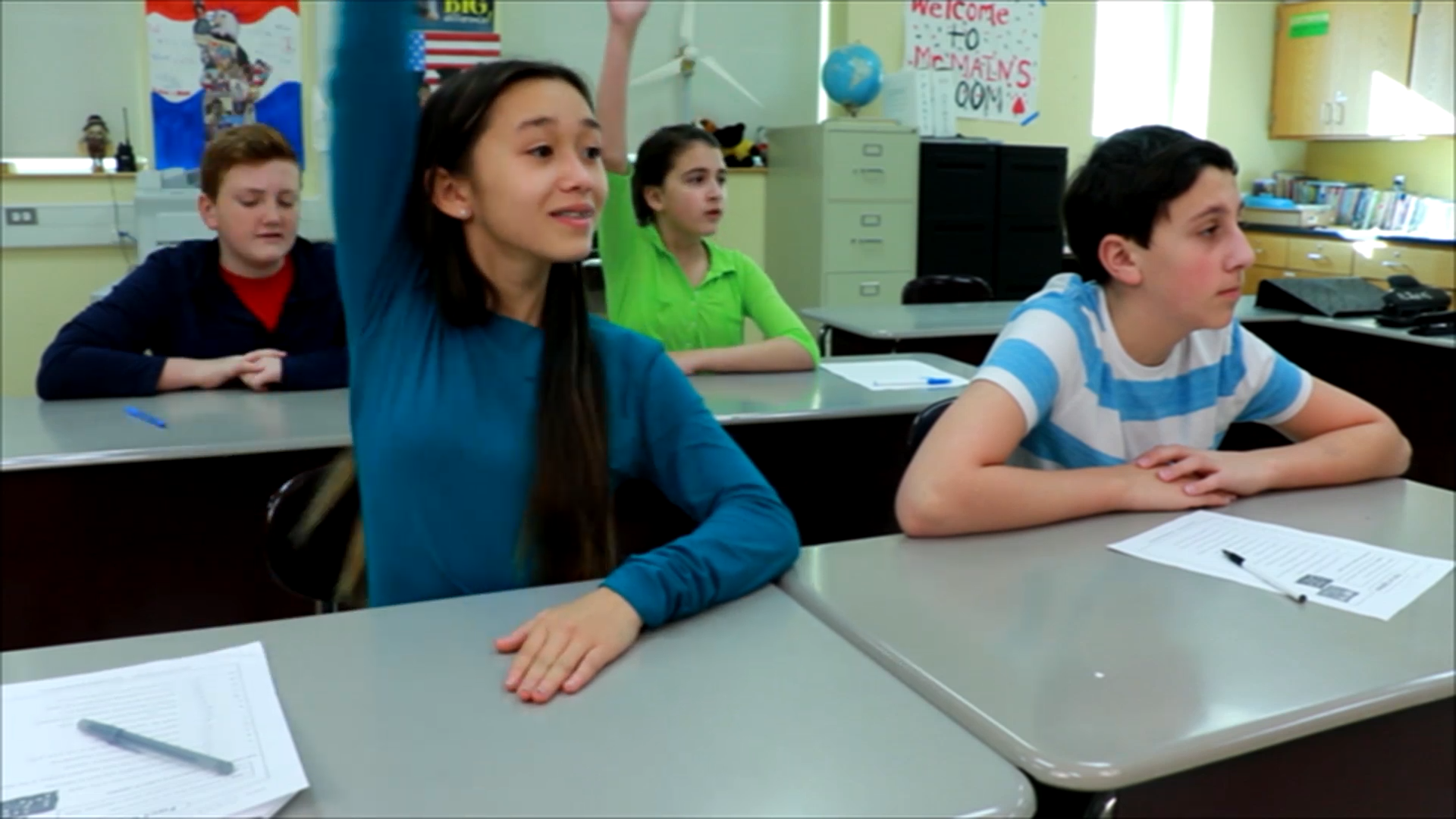
In today’s diverse and inclusive classrooms, it is essential for educators to focus on developing effective communication skills for all students, particularly those in special education. Communication skills are a crucial part of social-emotional learning, as they help students build positive relationships, participate in group activities, and express their thoughts and feelings. This blog post will explore a no-prep activity and discussion questions that can help students improve their communication skills in the classroom.
No-Prep Activity: The Silent Signals Game
The Silent Signals Game is a simple and engaging activity that requires no preparation or materials from the educator. This game helps students practice the skill of waiting for their turn to speak and using non-verbal cues to communicate their thoughts and feelings.
To play the game, have students sit in a circle. The teacher will ask a question, and each student must raise their hand if they know the answer or have a response. The teacher will then choose one student to answer the question. After the student answers, they will perform a silent signal, such as a thumbs up or a smile, to indicate that they have finished speaking. The other students must then lower their hands and wait for the next question. This activity encourages students to practice self-regulation, active listening, and respectful communication.
Discussion Questions
After completing the activity, engage your students in a discussion to deepen their understanding of the importance of effective communication skills in the classroom. Here are some discussion questions to help facilitate the conversation:
- Why is it important to wait for our turn to speak in class? How does this help create a respectful and inclusive learning environment?
- How do non-verbal cues, such as raising our hand or using silent signals, help us communicate our thoughts and feelings? Can you think of other non-verbal cues that we use in our daily lives?
- How can practicing self-regulation and active listening skills improve our overall communication skills? How do these skills help us in other areas of our lives?
- How do you feel when someone interrupts or talks over you? How can we make sure that everyone’s voice is heard and respected in the classroom?
- Why is it important to practice effective communication skills for students in special education? How can these skills help support their social-emotional learning and academic success?
Related Skills
Effective communication skills are closely linked to other important social-emotional learning skills. Here are a few related skills that can help students in special education build strong relationships and succeed in the classroom:
- Empathy: Understanding and sharing the feelings of others helps students build strong connections and communicate effectively.
- Conflict resolution: Learning how to navigate disagreements and find solutions is an essential part of building healthy relationships and communicating respectfully.
- Active listening: Paying close attention to what others are saying and responding thoughtfully helps students engage in meaningful conversations and develop strong communication skills.
- Self-awareness: Recognizing and understanding one’s own emotions, strengths, and weaknesses can help students communicate their needs and feelings effectively.
Next Steps
Ready to explore more activities and resources to support your students’ social-emotional learning and communication skills? Sign up for free samples of skill-building materials at Everyday Speech. You’ll find a wealth of resources to help students in special education develop the skills they need to thrive in the classroom and beyond.

